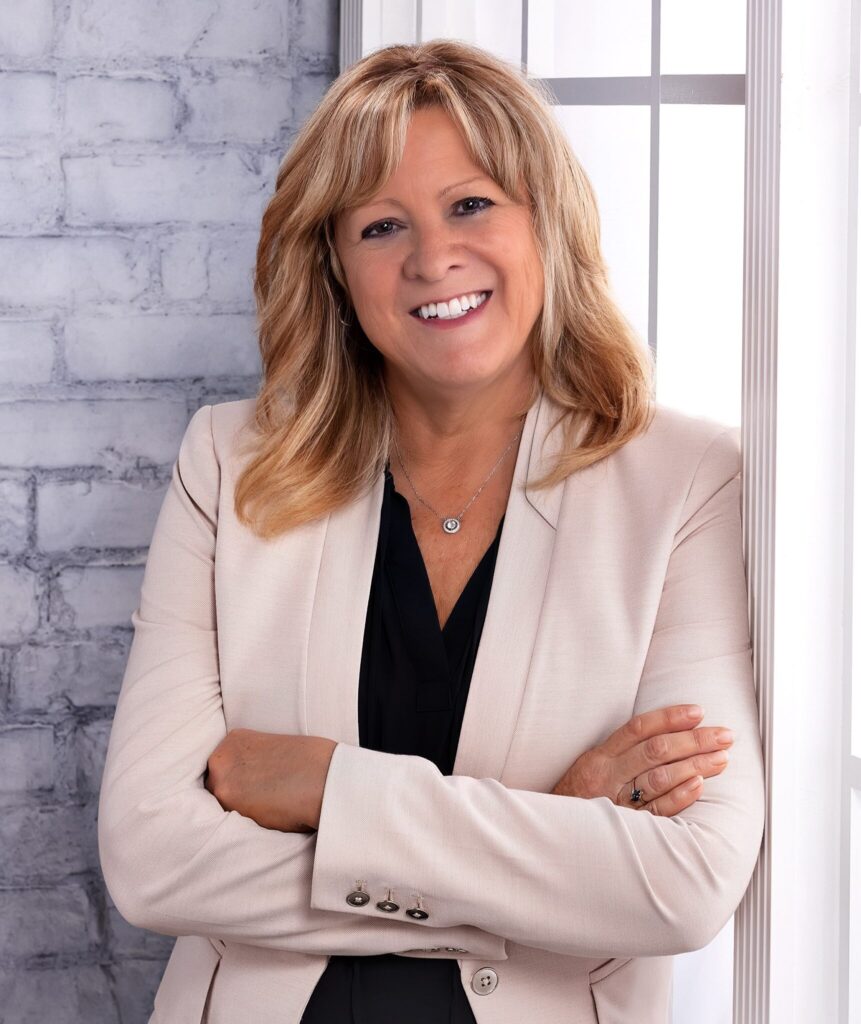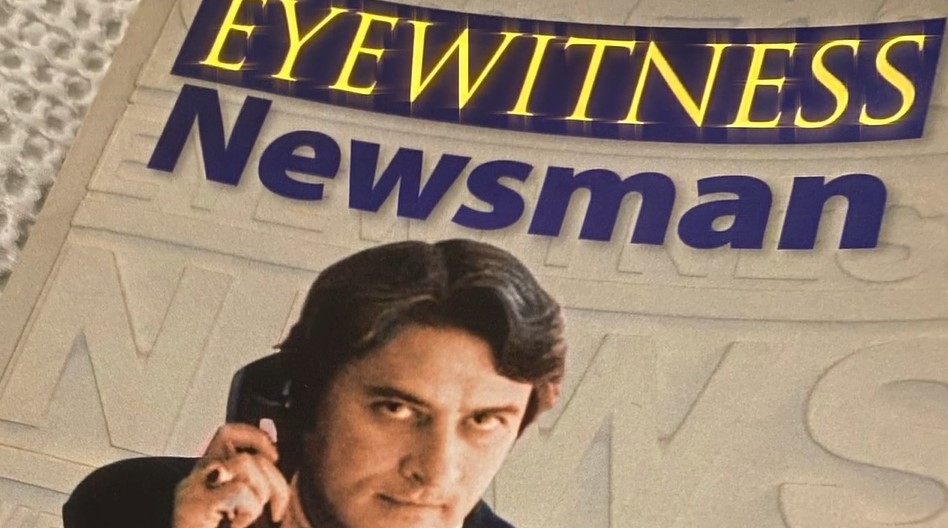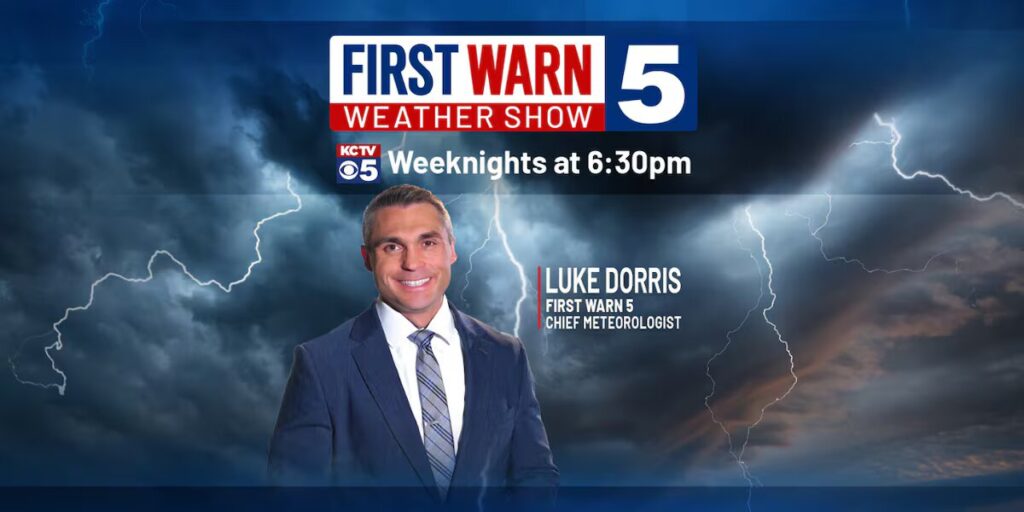 NAB Show attendees liked what they heard from the new FCC chairman today, the introduction next month of an overarching review of the commission's broadcasting, cable and satellite rules. “Broadcasting remains an indispensable part of America’s communications landscape. And under my chairmanship, broadcasting won’t be seen as a speed bump. We’ll want to hear which rules you think should be modified or repealed as part of this review, and why.”
NAB Show attendees liked what they heard from the new FCC chairman today, the introduction next month of an overarching review of the commission's broadcasting, cable and satellite rules. “Broadcasting remains an indispensable part of America’s communications landscape. And under my chairmanship, broadcasting won’t be seen as a speed bump. We’ll want to hear which rules you think should be modified or repealed as part of this review, and why.”
Pai Moves To Overhaul, ‘Modernize’ FCC Regs
In a speech at the NAB Show in Las Vegas today that was interrupted several time by applause and that ended with a standing ovation, FCC Chairman Ajit Pai said the FCC would undertake a “comprehensive” review of the 1,000 pages of broadcasting, cable and satellite TV rules with the goal of slashing or changing those that are “no longer needed or counterproductive.”
Pai said a draft of the review has been sent to the other commissioners in the expectation that the FCC would vote to order the review at the FCC’s next meeting on May 18.
“The last thing broadcasting — or any industry for that matter — needs is outdated regulations standing in its way,” Pai said.
“And that’s particularly true in communications, where things change so quickly. That’s why I’ll work aggressively to modernize the FCC’s rules, cut unnecessary red tape, and give broadcasters more flexibility to serve their audiences.
“Broadcasting remains an indispensable part of America’s communications landscape. And under my chairmanship, broadcasting won’t be seen as a speed bump.”
“We’ll want to hear which rules you think should be modified or repealed as part of this review, and why. We’ll then study the record to determine whether to propose modifying or eliminating certain regulations. Our goal is simple: to have rules that reflect the world of 2017, not 2007, 1997, 1987 or 1977.”
Pai earned his inter-speech applause not only with the promise of deregulation, but also with pledges to assist in improving broadcast TV and radio and in making sure the repacking of TV band in the wake of the incentive auction goes smoothly.
He said that authorizing ATSC 3.0 was a priority for him. “Our goal is to issue a final authorization of the Next Gen TV standard by the end of the year.
“We’ll move quickly — by FCC standards, anyway — because I want the United States to lead the world in broadcasting, just as in the communications industry generally.”
Pai repeated an earlier promise not to force any station off the air “due to circumstances outside of its control” during the repack, in which nearly 1,000 TV stations will have to move to new channels over the next three years.
“Obviously, we have a lot of work ahead of us. And to get it done right, all of us — the FCC, broadcasters, and wireless carriers — will need to work together closely.”
He noted that last week the FCC assigned regional coordinators to help the nearly 1,000 TV stations that will have to move to new channels in the repack.
“This will help stations collaborate and help resolve issues that arise. The regional coordinators have already reached out to each station in their assigned regions to introduce themselves and begin working together.”
The goodwill shown Pai the audience also reflects broadcasters’ belief that in Pai they have an FCC chairman who respects what they do and would like them to remain a part of the TV ecosystem for a good long while.
Pai said that he is “fundamental optimistic” about broadcasting because of its local ties and its unique news and entertainment programming.
“We will always need shared experiences that connect our communities — whether it’s a show on TV that makes us laugh, a song on the radio that makes us sing along, the wrong winner being announced at an awards show, or a widely-disliked team mounting a dramatic comeback to win the Super Bowl.”
Read all of TVNewsCheck‘s NAB 2017 news here.


























Comments (6)
Shenee Howard says:
April 25, 2017 at 5:47 pm
How hypocritical. Restoring the 50% discount for UHF broadcasting in the age of digital broadcasting and high cable penetration is an example of an outdated and irrelevant regulation. The only reason to do this is to further enrich certain station group owners (e.g. Sinclair’s Smith family, a large GOP donor).
John Livingston says:
April 25, 2017 at 11:54 pm
Wrong and it isn’t hypocritical it’s a good thing to return the 50% discount of UHF which is still needed which you clearly don’t get. Since it’s good for free market and doesn’t enrich no one or GOP donors have no facts or proof to back up your claim. Pai is right to return the discount Wheeler was wrong to get rid of it and broke the rules NBC, CBS supported the discount and I wouldn’t call them conservative there liberal so your bias is showing.
Veronica Serrano Padilla says:
April 26, 2017 at 10:40 am
You keep keep harping this point, but never explain why it’s a “good thing to return the 50% discount of UHF which is still needed…” Why is it still needed? Isn’t UHF technically superior to VHF in digital broadcasting? Why shouldn’t there be a VHF discount?
Ellen Samrock says:
April 26, 2017 at 1:23 pm
One major piece of legislation that needs to be scrapped is the Children’s Television Act of 1990. This is truly a relic of the media stone age. Unfortunately, it’s going to take more then the stroke of a pen from the FCC Chairman to do it. It will take an act of Congress. But the law needs to be dumped without delay. In the age of the internet, smartphones and tablets, it’s downright silly.
Kristina Veltri says:
April 27, 2017 at 11:04 pm
Hearst just paid a ransom for Litton, which has beyond a monopoly of the entire E/I market (Entertainment Studios, Bellum and Steve Rotfield are it after that). It’s not going any time soon with that money behind it.
Cameron Miller says:
April 28, 2017 at 7:13 pm
The Children’s Television Act of 1990 shoud’ve never happened, and I’m glad Peggy Charren died, I hope she’s rotting in hell for ruining everything for everyone else!
Of course, even without the act, broadcast stations/networks would one day give up on Saturday morning cartoons giving the current media landscape, since kids nowadays can watch their favorite shows on the internet.